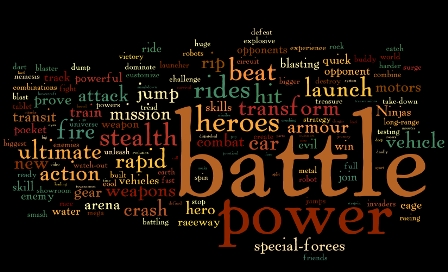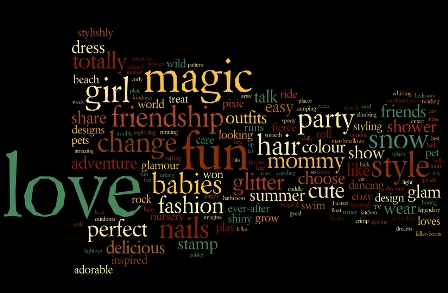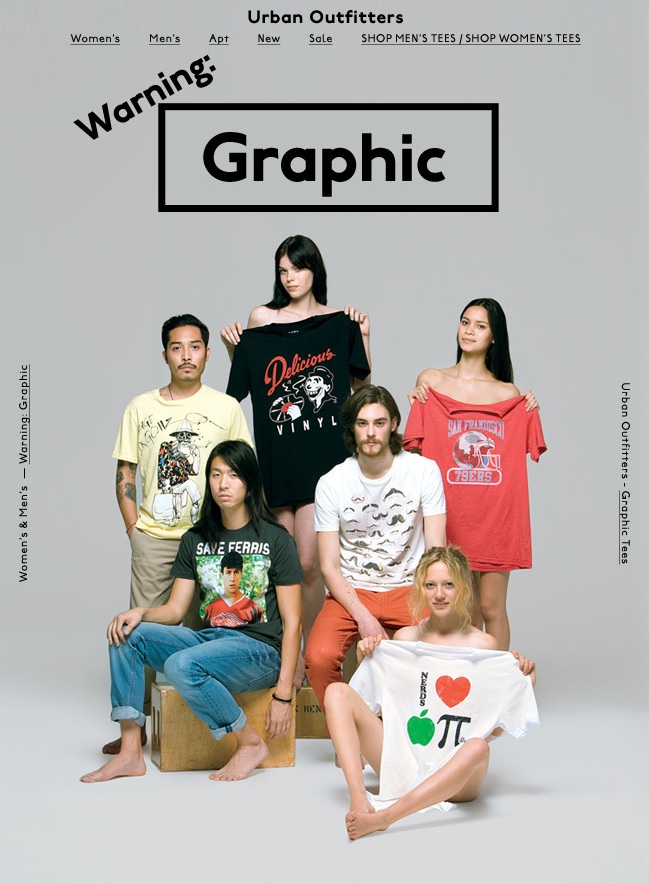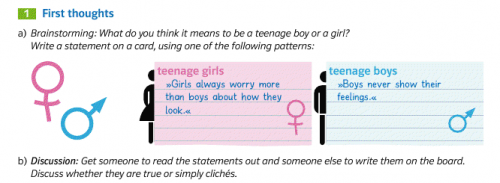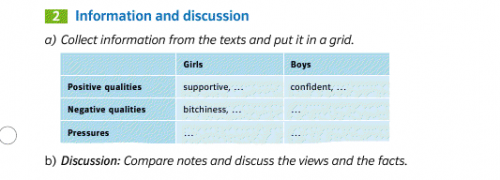
In this TED video sent in by BlackCat and Chana Messinger, Tony Porter gives a nice introduction to what it means — for men, women, sons, and daughters — that men are confined by the dictates of masculinity. (Trigger warning: at about the 9 minute mark, there is a story about a sexual assault.)
Transcript after the jump (thanks to DECIUS for posting it in the comments).

